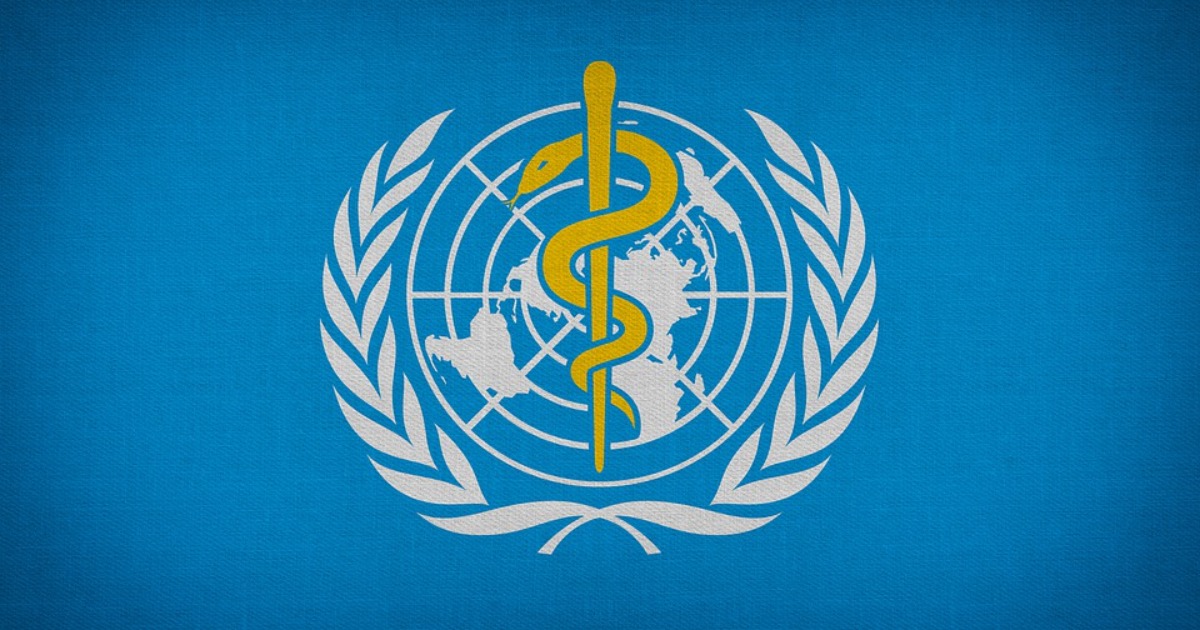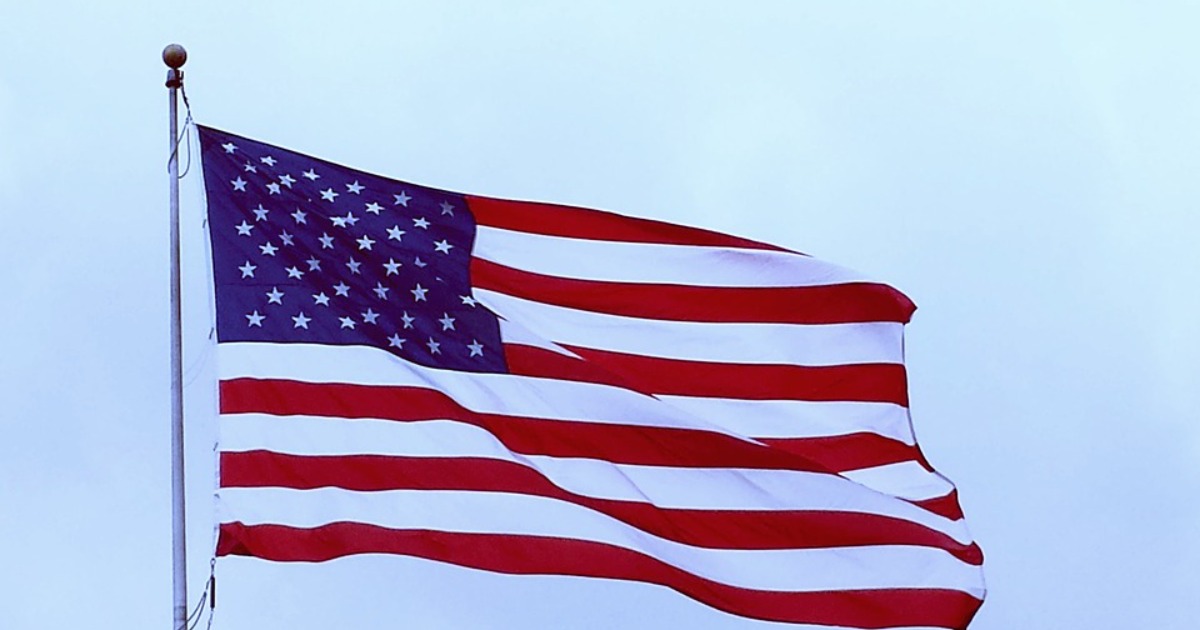WTO: Ngozi Okonjo-Iweala’s Long and Winding Road
Ngozi Okonjo-Iweala is the first African and the first woman to serve in the WTO’s top post. But she faces formidable challenges.
March 1, 2021

Ngozi Okonjo-Iweala, the former Nigerian Finance Minister and Managing Director of the World Bank, is a courageous and battle-tested political leader. Since March 1, 2021, she is the first woman and also the first African to lead the WTO.
A tested leader, a very tough job
While her credentials are formidable, so are the obstacles before her. She will be leading an organization that faces an existential crisis.
Once a pivotal global institution, the WTO, in part straight-jacketed by its consensus-based practices, has moved, at least for now, to the side-lines of global economic integration.
The obvious hope is that Ngozi, who is well-known for her personal courage and institutional savvy, can balance out the contending interests in a manner that makes the WTO relevant again.
Long reform agenda for the WTO: Six key points
In her quest to re-shape — and, really, re-activate — the WTO, many roadblocks lie ahead. As it happens, each of them demonstrates the shortcomings of the WTO, as currently constructed:
1. Lax disciplines characterize WTO treatment of state-owned enterprises and other public bodies.
2. WTO dispute settlement decisions are susceptible to long delays and Appellate Body practices have been the subject of member criticism, in particular from the United States.
3. WTO members are abusing antidumping duties, countervailing duties and safeguards to protect domestic producers.
4. WTO rules applicable to environmental, labor, human rights and antitrust concerns are insufficient to cope with international norms and existing challenges.
5. The WTO services agreement (GATS) is in danger of becoming obsolete. It generally predates the emergence of downloadable goods and services.
6. Member-made rules of origin may be adequate for tariff purposes when a good is produced in one country, but they are not always well-suited for goods incorporated into global supply chains.
The WTO “bypass” operation
These problems, among others, have caused nations the world over to opt for negotiating bilateral and plurilateral agreements that are designed to bypass the evident impasse at the WTO.
More than that, these trade agreements outside the WTO framework also have ambitions that far exceed the breadth of the WTO Agreements.
Trade is increasingly conducted pursuant to such agreements, and pursuant to preferential trade rules. In short, the WTO Agreements have become the lowest common denominator among trading nations.
How to proceed with reforms?
How should Ngozi proceed? There is little low-hanging fruit ripe for picking, but there are some issues where the balance of opposing interests may lead to eventual compromise. However, the road ahead is going to be long and winding.
Issue 1: The vexing Dispute Settlement issue
First, Ngozi must address the dispute settlement impasse. By singlehandedly blocking Appellate Body appointments, the Trump administration undermined the rule of law and brought the WTO’s Appellate system to a standstill.
However, U.S. concerns with the WTO Dispute Settlement Understanding — and the concerns of certain other members — predate the Trump administration. For example:
1. The Appellate Body has increasingly failed to produce its decisions within the 90-day deadline for proceedings.
Addressing this problem may require expanding the Appellate Body, its Secretariat, and the number of WTO translators, or changing the deadline.
2. In order to achieve the “prompt settlement” of disputes the Appellate Body assumed a gap-filling role that may exceed the Appellate Body’s mandate. Of course, Uruguay Round negotiators bear responsibility for many of these gaps.
The WTO Agreements governing anti-dumping, subsidies, safeguards and technical barriers to trade are not particularly well-drafted. This has placed the Appellate Body in a difficult position.
In each case, it only seems to have two options: Either it resolves a dispute which leads to a claim by the losing party that the Appellate Body has altered the balance of rights and obligations — or it chooses not to resolve a dispute which infuriates all parties to the dispute.
3. Appellate Body membership has become increasingly politicized — and this has affected member confidence in the decision-making process.
If WTO members want to reduce the influence of the Secretariat on Appellate Body decision making, one solution is to refrain from selecting non-lawyers — and lawyers without trade law experience — for Appellate Body posts.
All Appellate Body members should have substantial legal training, be able to draft well in at least one official WTO language and remain fiercely independent from their national governments.
Issue 2: Dealing with emerging China
The second big item on Ngozi’s agenda should be to guide WTO members seeking to find an accommodation on China-related issues.
China must accept stronger disciplines governing state-owned enterprises, subsidies and intellectual property rules.
Realistically speaking, that is the only way it can expect a U.S. agreement to abide by WTO tariff, safeguard, countervailing duty and anti-dumping disciplines. Again, the consensus-based nature of the WTO will make these negotiations difficult.
Issue 3: Emerging markets’ interests (ex-China)
The third big item on Ngozi’s to-do list should be to manage developing country expectations. Developing country WTO members will rightly expect her to be a strong advocate for their economic interests.
This may lead to early disappointment as their “big ask” — export-led development — will not happen overnight.
Such development requires considerable investment in infrastructure and education, as well as creation of an investment climate supportive of both inward and foreign direct investment.
Ngozi’s familiarity with the World Bank, and its investment climate programs, may prove critical in helping developing country members to achieve their trade and development goals.
Her interest in governance issues will also be important. It is time that good governance be better integrated into trade policy discussions — and that investment rules be integrated into the WTO regime.
Issue 4: The WTO and the global public
Finally, Ngozi’s most difficult challenge will be to convince the public of the continued value of globalization and the utility of the multilateral trading system. Both are under attack.
Addressing this challenge will require cooperative action on the part of WTO members. Member governments must better educate their citizens on the importance and benefits of the fundamental economic principles that underpin the international trade regime.
Governments must also work to better address the plight of those who have lost their livelihoods due to changing economic circumstances — whether from foreign competition or technological advances.
Their current practices of just blaming the international trading system ultimately hurts their own long-term interests.
The law of comparative advantage produces winners and losers. WTO members must be nimble enough to assist the losers to transition to other occupations in order to avoid the unrest that is emerging in some quarters of society.
That is a tough challenge, especially considering that even very rich nations — just look at the United States — are doing a relatively poor job managing this transition.
Conclusion
WTO members must see to it that other members, in particular the major trading countries, do not abuse trade rules for their economic advantage.
While Ngozi as Director General may steer the WTO, the organization’s members are not just passengers. They must work to keep this important economic vehicle on a straight path.
Takeaways
Nations the world over are opting for negotiating bilateral agreements that are designed to bypass the WTO.
WTO Agreements have become the lowest common denominator among trading nations.
Ngozi Okonjo-Iweala is the first African and the first woman to serve in the WTO’s top post. But she faces formidable challenges.
Developing country WTO members will rightly expect Ngozi Okonjo-Iweala to be a strong advocate for their economic interests.
Ngozi’s most difficult challenge will be to convince the public of the continued value of globalization and the utility of the multilateral trading system.
The current practice of countries just blaming the international trading system ultimately hurts their own long-term interests.
